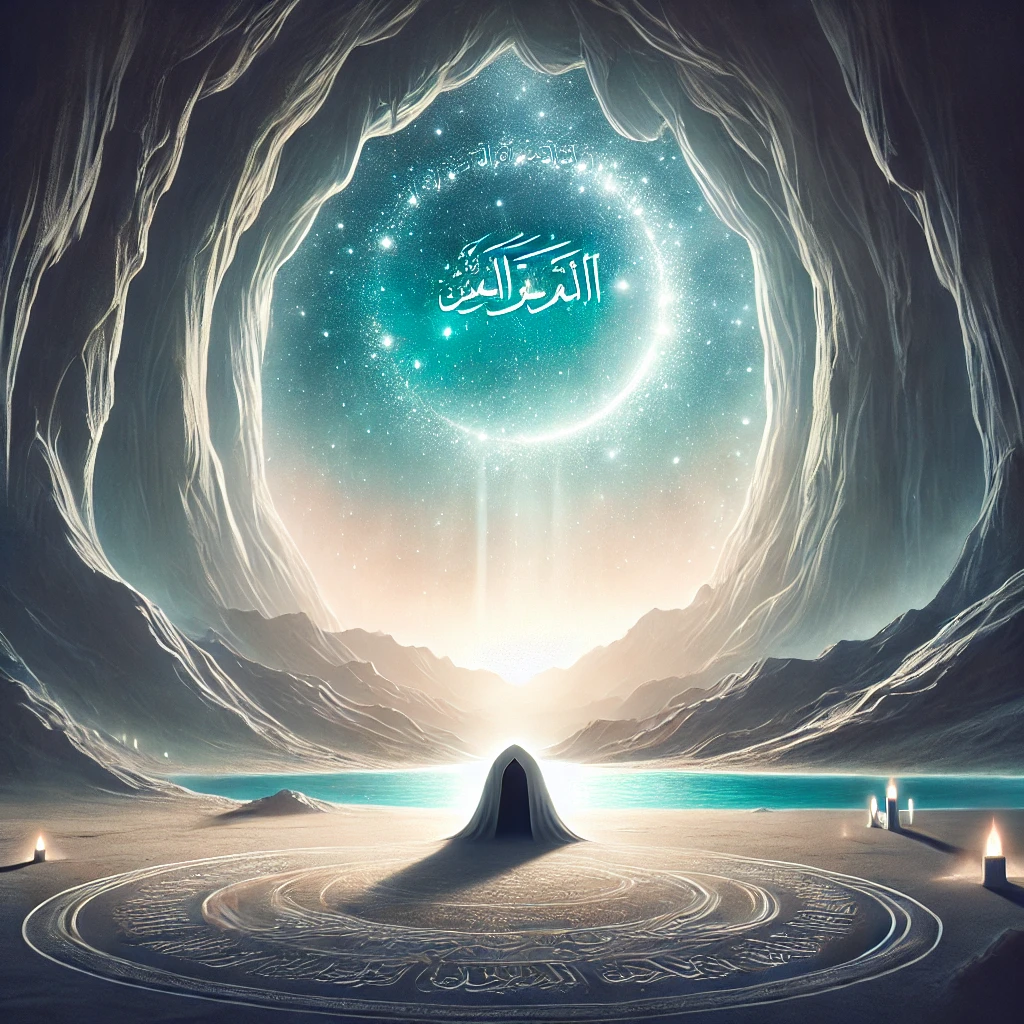Have you ever thought about why many scholars motivate us to recite the last 2 ayat of Surah Hashr every day? These verses are not only beautiful in language but very deep in meaning. They highlight the glorious names of Allah, bringing comfort, protection, and peace to those who recite them with seriousness.
Let’s explore these ayat in detail, uncover their translation, and learn some powerful lessons we can apply in our daily lives.
Surah Hashr Last 2 Ayat in Arabic
Here are the last two verses (Ayah 23–24) of Surah Hashr:
اللَّهُ لَا إِلَٰهَ إِلَّا هُوَ ۖ الْمَلِكُ الْقُدُّوسُ السَّلَامُ الْمُؤْمِنُ الْمُهَيْمِنُ الْعَزِيزُ الْجَبَّارُ الْمُتَكَبِّرُ ۚ سُبْحَانَ اللَّهِ عَمَّا يُشْرِكُونَ
هُوَ اللَّهُ الْخَالِقُ الْبَارِئُ الْمُصَوِّرُ ۖ لَهُ الْأَسْمَاءُ الْحُسْنَىٰ ۚ يُسَبِّحُ لَهُ مَا فِي السَّمَاوَاتِ وَالْأَرْضِ ۖ وَهُوَ الْعَزِيزُ الْحَكِيمُ
English Translation of the Last 2 Ayat
[59:23] He is Allah, there is no deity except Him – the King, the Pure, the Source of Peace, the Giver of Faith, the Overseer, the Almighty, the Compeller, the Superior. Exalted is Allah above whatever they associate with Him.
[59:24] He is Allah – the Creator, the Inventor, the Fashioner; to Him belong the best names. Whatever is in the heavens and earth is exalting Him. And He is the Almighty, the Wise.
Tafsir Summary – What These Ayat Teach Us
These verses mention several names of Allah – each reflecting His power, mercy, and authority. According to Tafsir Ibn Kathir, these verses describe the complete attributes of Allah, both in His being and His actions. The repetition of “He is Allah” highlights His uniqueness and reminds us that no one shares His attributes.
Some names mentioned:
- Al-Malik (The King) – Owner of everything
- Al-Quddus (The Pure) – Free from all defects
- As-Salam (The Source of Peace) – Giver of safety and peace
- Al-Khaliq (The Creator) – Creator of all things from nothing
Each of these names tells us something about how we should view Allah and how we should rely on Him.
Powerful Lessons from Surah Hashr Last 2 Ayat
1. Know Allah Through His Names
These verses contain some of the most beautiful names of Allah. When we understand these names, our faith becomes stronger and our connection with Him becomes more personal.
2. Daily Protection and Peace
The Prophet Muhammad ﷺ recommended reciting verses that mention Allah’s names, especially for morning and evening protection. These ayat bring calmness and drive back fear and tension.
3. A Reminder of Who Is in Control
In times of stress or confusion, these verses remind us that Allah is Al-Aziz (The Almighty) and Al-Hakim (The Wise). Everything happens under His wisdom and command.
4. A Daily Dose of Tawakkul (Trust in Allah)
Reading these ayat regularly builds trust in Allah’s plan. They remind us that He is our supporter and knows what’s best for us.
Benefits of Reciting These Verses Daily
- Spiritual and emotional peace
- Brings you closer to Allah
- Boosts focus in prayer and zikr
- Builds a habit of connecting with Allah’s names
- According to hadith, mentioning Allah’s names regularly is beloved by Him
Tips to Memorize and Reflect
- Start slow – one line at a time
- Listen to audio from trusted Qaris
- Write the verses and keep them visible at home
- Use a pocket Quran app to read and revise
- Reflect on one name of Allah each day
Conclusion (last 2 ayat of Surah Hashr)
The last 2 ayat of Surah Hashr are more than just verses, they are a way to knowing Allah deeply and trusting Him completely. They hold immense spiritual value and emotional comfort. Start by reading them every day, reflect on their meanings, and watch how your heart finds peace in His names.
FAQs – Surah Hashr Last 2 Ayat
1. What are the last 2 ayat of Surah Hashr?
They are verses 23 and 24, describing Allah’s names and attributes.
2. Can I recite them at any time?
Yes, but reciting them in the morning and evening is highly recommended.
3. Do these ayat offer protection?
Yes, they are known for offering spiritual and emotional protection.
4. Are these ayat part of the morning/evening adhkar?
Many scholars include them in daily adhkar due to their virtues.
5. Is there any specific reward for reciting these verses?
Mentioning Allah’s names brings blessings and increases closeness to Him.
6. Can children memorize these verses?
Absolutely! They are a great way to teach kids the names of Allah.
7. Is there a dua version of these ayat?
While not a dua, these verses are a powerful form of dhikr (remembrance).
8. Can I recite them without wudu?
Yes, but it’s better to be in a state of cleanliness.
9. What is the best time to reflect on these names?
After prayer or before sleeping is ideal for deep reflection.
